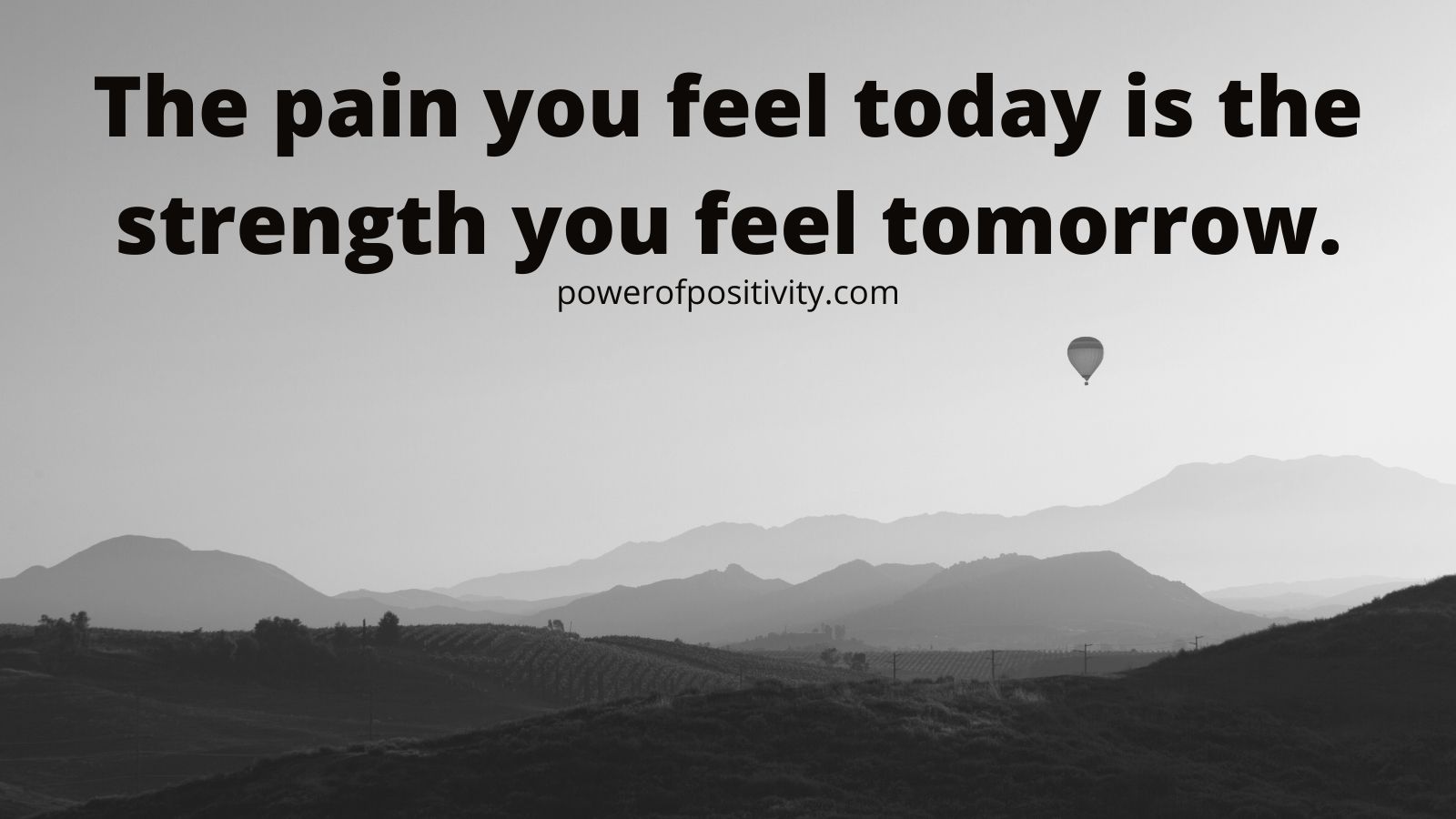Anger is a powerful emotion, and it can sometimes feel uncontrollable. If you’ve ever done and said things you regret in the heat of the moment, then you know just how awful it can be when you realize that you find it difficult to control your anger.
Though anyone can empathize with actions you did in anger, there isn’t any excuse for harmful behavior just because of anger. That’s why you need to learn to manage those intense feelings. Here are 5 habits that make it easier to control your anger.
1. Give Yourself Time
Anger is, by nature, an impulsive emotion. To stop it from taking over you, you need to manage it patiently and give it some time. Time can allow you to see the more rational side of things, and you may find you feel completely differently about a situation than you did before. Here are some ways to give yourself time to control your anger:
· Count
 One of the most common anger management techniques to force yourself to pause and think is to begin counting. Typically, you would count up to or down from 10, but higher numbers will help if you’re outraged. As you count, your anger will balance itself out as your heart rate slows, allowing you to be calmer afterward.
One of the most common anger management techniques to force yourself to pause and think is to begin counting. Typically, you would count up to or down from 10, but higher numbers will help if you’re outraged. As you count, your anger will balance itself out as your heart rate slows, allowing you to be calmer afterward.
· Use A Timer
When you’re angry, the things that you want to say are likely things you will regret saying later. It’s a good idea to impose a time rule on yourself. Set a timer for however long you think you need to calm down to the point of improved rationality. The angrier you are, the longer you may need to wait.
· Breathe
Being angry typically means your breathing rate will spike while the actual breaths become shallower. This further worsens the stress that you feel. Reverse these effects and bring the mood to a balance by breathing deeply, in through your nose and out through your mouth. Keep doing this until you feel less angry.
· Try To Understand
Anger clouds understanding and empathy. To resolve problems, you have to give yourself time to understand the situation and where other people are coming from. More importantly, it would be best if you had time to understand where your anger comes from so you can address it more productively.
· Rehearse Beforehand
Sometimes, the best way to handle a situation is to forcefully stop before you even engage in a potentially high-tension interaction. When you know you’re going to have to broach a complicated topic, try rehearsing your statements and responses beforehand. It gives you the chance to prepare mentally, so you’re not taken by surprise.
2. Work Your Body to Control Your Anger
Anger has to be released to leave you healthily, and one of the best ways to do this is by working at your body. A little bit of effort and movement goes a long way in managing even the most furious emotions. Here are some ways to do so:
· Relax Your Muscles
Anger tenses you up, and that tension continues to store stress and high emotions in your body. Relax your muscles by using a technique called progressive muscle relaxation. This technique involves gradually tensing and relaxing individual muscle groups one by one, usually from head to toe in order, while doing deep breathing. After you do this, you’ll have much less tension in your body.
· Stretch
Like relaxing your muscles, stretching gets the blood flowing in your body and helps relieve angry tension that may be rushing around. Yoga is a great way to do this, but any non-strenuous stretching exercises can achieve a similar effect. Slow, deliberate stretching also gives you better control of your body and, by extension, your emotions.
· Do Some Exercise
Exercise has great effects on positive thinking and is a wonderful and healthy way to work out some of that angry energy. Anything that gets your heart pumping and exerts effort is a good option. Still, even less intense activities like playing golf, going for a walk, or cycling can help your mind and body expel the negativity.
 3. Expand Your Vocabulary of Anger
3. Expand Your Vocabulary of Anger
Anger is overwhelming when viewed simply as its own monolith. Referring to all negative emotions as “anger” isn’t productive, and there are variations in anger that change exactly what their experiences are.
This sounds arbitrary, but it’s actually important to differentiate kinds of anger. It allows you to separate different situations, find their unique roots, and manage them positively and effectively. In short, different types of anger have other methods of management!
So the next time something makes you angry, ask yourself what the actual anger you’re feeling is. Is it even anger at all? Here are some definitions:
- Rage refers to too intense and powerful fits of acute irritation, often to the point where you lose rational focus and act based on offense alone.
- Annoyance and irritation typically refer to something grating at your nerves, resulting in mild anger.
- Like annoyance, frustration is mild anger that usually refers to a kind of feeling that arises when you cannot achieve a particular goal.
- Resentment is a specific kind of anger that refers to mild but long-term negative feelings towards a person or circumstance you may perceive as having wronged you.
There are many more specific emotions under the umbrella of general anger. While you don’t have to learn all of them, you will benefit from identifying those that affect you most often.
4. Use The Art Of Stopping
We’ve talked about the habit of intentionally giving yourself time to process and think about your anger. But even more crucial than that is the habit of only stopping. When you’re already in the heat of your anger, how do you prevent yourself from losing yourself in it? It’s much easier to tell yourself to pause and take time when you’ve just begun getting angry, but what about when you’re so furious it’s hard to think at all?
This is where the art of stopping comes in. This refers to the ability to regularly and consistently hit the pause button on your emotions. It may not make a situation more positive, but at least it won’t make it worse. It’s a tough habit to pick up, but here are some tips to get you started:
· Imagine A Stop Sign
Think about a big red sign screaming “stop” at you. It sounds silly, but it’s a universal sign that demands you pay attention, and it may be the mental trick you need to get yourself together long enough to step away or prevent the worsening of an already bad situation.
· Enforce A Timeout
Kids get timeouts because they work. They put a stop to emotions that are only running wild with no direction. So use this method on yourself. Say “excuse me” and walk away. You don’t have to stand in a corner facing the wall like a toddler – head someplace away from other people, where you can have some time to yourself to process and think about the events that led to your anger.
· Keep Your Mouth Shut
If all else fails, focus on one thing and one thing alone: keeping your mouth glued shut. It’s tempting to allow all those hurtful words to fly away out of your mouth, but you’ll likely regret them later. If you find yourself barely able to contain those words, focus on “gluing” your lips together and say not a peep more. This will give you time to think of the next step without escalating the situation.
5. Express Your Anger
Did you know that repressing your anger is inherently wrong for you? Bottling it all up doesn’t have any positive effects and can often make the initial feelings much worse. So while you need to control your anger to avoid blowing things out of proportion, you also need to direct that anger and find a healthy place for it to go. Here are some good habits that allow you to express your anger safely:
· Talk To Someone You Trust
Tell someone you trust, such as a close friend or family member, that you’d like to vent your frustrations about something in your life to them. Tell them what you need from them – just a listening ear? Some advice? Nothing at all? Then go for it! Talking things through to others grants you outside perspectives and lets you untangle your thoughts.
· Write A Letter
Angry at someone? Write a letter to them (or an e-mail) where you express all the fury you have, even if it’s mean or cruel. Then rip up that letter and throw it away (or delete the e-mail). You may find that expressing all those feelings has lessened them, giving you a new perspective and a more charitable or relaxed view of the person in question – or, on the flip side, it might make you realize they aren’t worth your anger at all!
· Find A Creative Channel
Art is a great way to express your anger. Write stories, poems, and songs. Paint, sketch, and draw. Go out into the garden, tend to your plants, play a lot of angry music on your guitar, or cross-stitch a furious message. When you channel your anger in this manner, you continue to create and healthily express yourself in a productive and inspiring way.
· Listen To Music
Angry music, sad music, and even cheerful music may all be beneficial to helping you get your anger out. Sing as long as you can, dance along with your angsty tunes, and let the lyrics of the music you relate to speaking for you.
· Keep A Journal
If you’re an emotional person, you’d likely benefit from keeping a journal! No one can read what you write in a journal, so you can express all your thoughts and feelings unfiltered. It’s a great way to release anger, process it, and reflect on it, and studies have found that journaling boosts positive thinking, too.
 Final Thoughts On Some Habits That Help You Control Your Anger
Final Thoughts On Some Habits That Help You Control Your Anger
Controlling anger is important for positive interactions with others. It’s okay to feel angry, and your emotions are valid, but you are also responsible for any actions you perform driven by those feelings. As such, you should practice habits that teach you to control your anger and direct it in more positive and healthy ways.




















